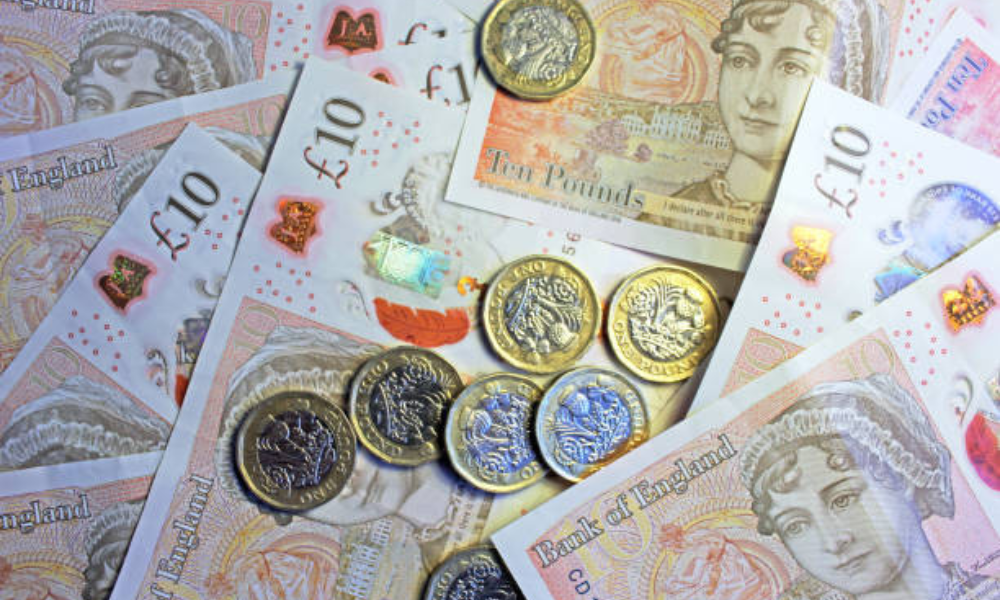Is this cut one too many as inflation drops to three year low?

The European Central Bank (ECB) has reduced its key interest rate to 3.25% from 3.5%, marking it the second consecutive rate cut for the Eurozone. This shift reflects mounting concerns about the eurozone’s economic slowdown and softening inflation. The ECB’s decision comes just five weeks after a similar rate reduction, signalling a growing urgency to support the economy amidst weak growth indicators.
Read more: UK inflation drops below target
Eurozone inflation dropped to 1.7% in September, falling below the ECB’s 2% target for the first time in over three years. The central bank acknowledged that the disinflationary process is progressing as anticipated, with recent data showing weaker-than-expected economic activity. ECB President Christine Lagarde emphasised that future rate decisions would continue to be based on incoming data, hinting at the possibility of more cuts, including another expected in December.
Germany’s economy remains a particular concern, with projections of contraction for the second consecutive year. Energy prices driven by the Ukraine conflict and reduced demand from China, a key export partner, have further pressured businesses and consumers. The euro has also weakened slightly against the dollar following the ECB’s announcement.
The ECB's cautious stance reflects its challenge of balancing growth with inflation control. Market analysts are pricing in further rate cuts by mid-2024, expecting borrowing costs to fall below 2%. However, some economists warn the ECB risks overshooting with aggressive easing. “We now see a risk that, upon cutting rates, the ECB may make the reverse mistake and ease policy too much,” said Holger Schmieding, chief economist at Berenberg Bank.
Meanwhile, central banks in the U.S. and UK are also shifting towards looser monetary policies. The Bank of England is expected to lower rates again in November and the US Federal Reserve recently cut its benchmark rate by 0.5%, with analysts hoping for another cut on November 7th, just days after the Kamala Harris / Donald Trump election. The ECB’s latest decision, taken in Ljubljana at the Slovenian central bank, reflects a broader trend of global monetary easing aimed at sustaining economic recovery amidst uncertain conditions.



